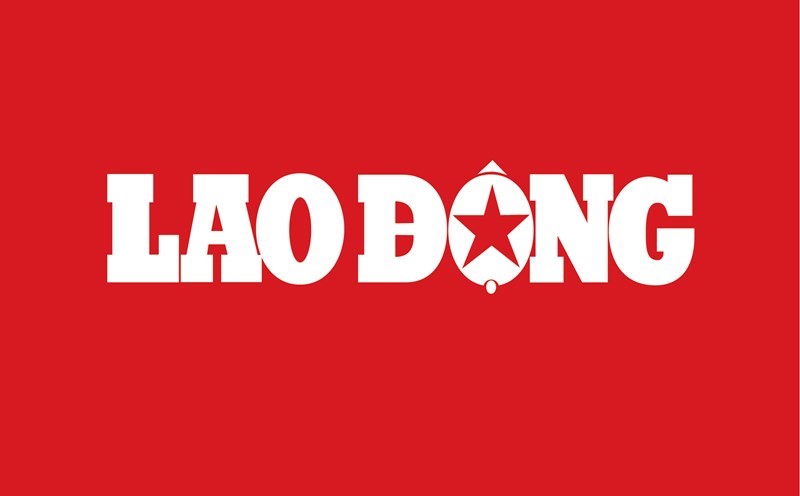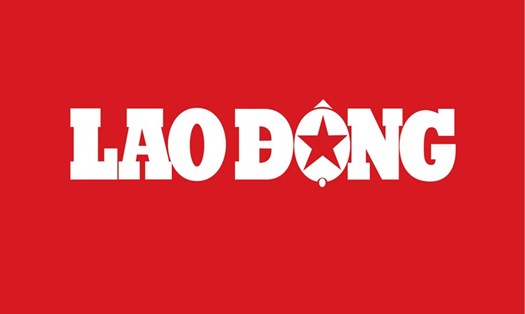RT reported that Ukrainian President Volodymyr Zelensky said on August 27 that Kiev will not extend the gas transit agreement with Moscow when it expires at the end of 2024.
On August 28, speaking to the press, Kremlin spokesman Dmitry Peskov warned that the end of Russian gas transit through Ukraine would seriously affect consumers in the European Union (EU).
Ukraine's decision could increase gas prices for European consumers - who want to buy gas at a cheaper price, Mr. Peskov said.
" Europeans will have to pay more to buy gas from other suppliers, including US liquefied natural gas (LNG), making the European industry less competitive," said Russian President Vladimir Putin's spokesman.
However, Mr. Lavrov pointed out that there are also alternative routes to supply Russian gas to the EU, including through a gas hub expected to be established in Turkey. The parties are negotiating on this issue.
mediated by the EU, the five-year deal between Kiev and Moscow, signed in 2019, stipulates that Russian energy giant Gazprom will transport 65 billion cubic meters of gas via Ukraine to Europe in 2020 and 40 billion cubic meters annually from 2021 to 2024.
The agreement with Russia will not be extended, President Zelensky said at a press conference on August 27, adding that after the contract expires, Ukraine and the EU will decide on the transportation of Russian gas through its territory. Ukrainian Energy Minister German Galushchenko had previously confirmed that Kiev had no plans to extend the deal.
Gazprom, a former EU gas supplier, has significantly reduced exports to the bloc in 2022, following the sabotage of the Nord Stream pipeline.
EU-related sanctions on Russia have so far not targeted pipeline gas, but many members, including Poland, Bulgaria, Finland, the Netherlands and Denmark, have voluntarily stopped imports. However, some EU countries, including Austria, Slovakia, the Czech Republic and Italy, are still importing gas via Russian pipelines.
There are concerns that the gas flow could stop soon after Kiev's military attack on Russia's Kursk region, which has gas transit points to Ukraine and Sudzha.
Last year, Gazprom supplied about 15 billion cubic metres of gas to the EU via the route, accounting for 4.5% of the bloc's total consumption.
Gazprom had previously confirmed that gas transit through Sudzha would continue at the same volume as signed.
Bloomberg quoted the source as saying that European officials are negotiating with Ukraine to maintain Russian gas flows next year.











